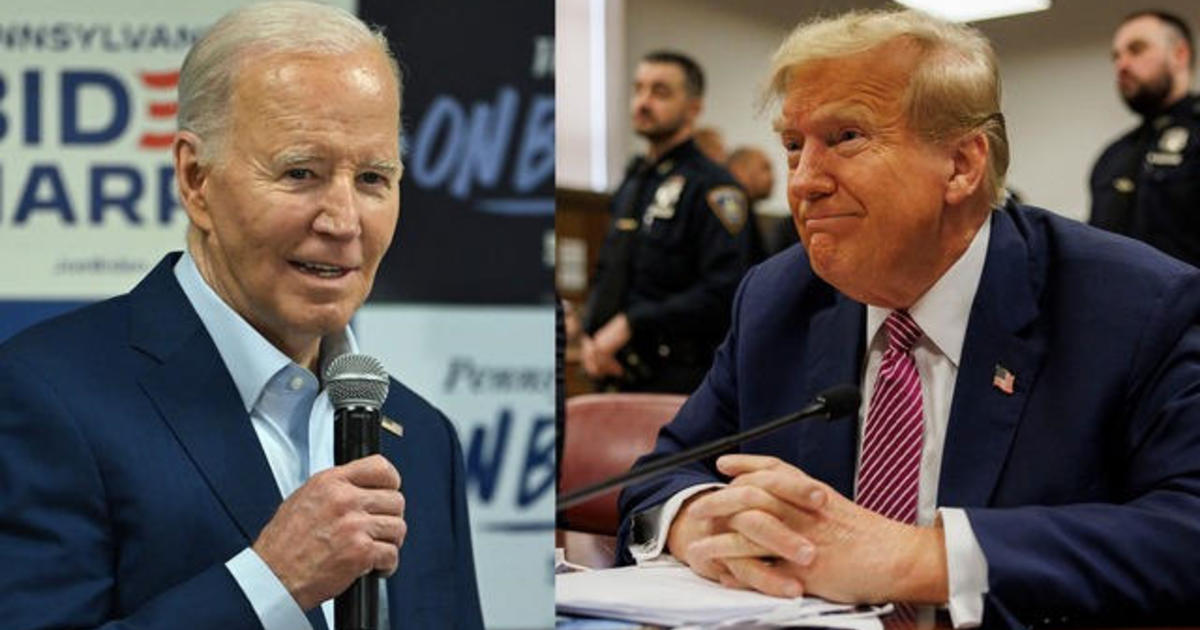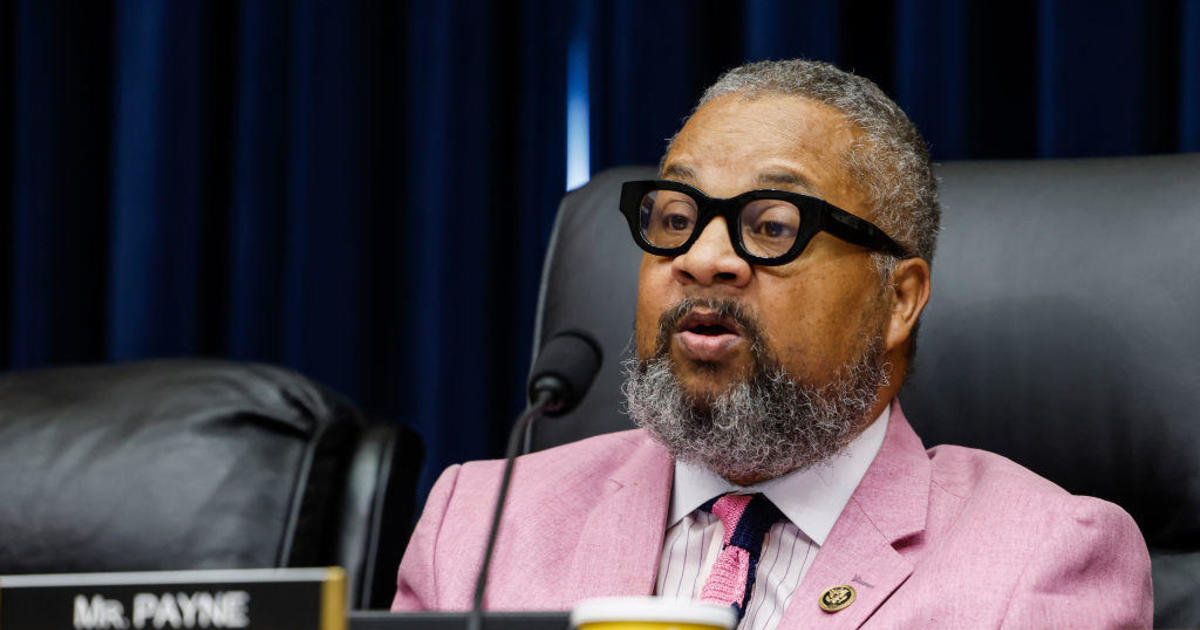Trump considering filing motion calling for "special master" to review evidence seized from Mar-a-Lago, attorney says
Former President Donald Trump is considering filing a court motion which calls for the appointment of a "special master" to review and return evidence collected during last week's FBI search of his Mar-a-Lago estate, one of his attorneys said Friday.
Appearing on Mark Levin's radio show, attorney Jim Trusty said that the filing could come as soon as Friday night but also as late as Monday.
"It's probably going to be more like hours," Trusty said. "It's coming very soon."
Two people familiar with the discussions also confirmed the potential court filing to CBS News on Friday. Trump's legal team is considering filing the motion in federal district court in Florida, the sources said.
Trump also suggested such a motion in a post on his Truth Social platform Friday.
"A major motion pertaining to the Fourth Amendment will soon be filed concerning the illegal Break-In of my home, Mar-a-Lago, right before the ever important Mid-Term Elections," Trump wrote, in part.
One person close to Trump added that the former president and his lawyers are eager for federal prosecutors to provide them with a more detailed list of what was collected, and ensure that a "neutral" person is involved in reviewing the documents.
Trusty told Levin the filing will claim the FBI's seizure was "overbroad," violating the law's requirement that there be "narrowness" in a search.
Trusty said Trump's legal team will argue a special master is necessary to review the seizure to guard against the possibility that material covered by executive privilege or attorney-client privilege has been seized.
"We have privilege issues that are extremely important here," Trusty told Levin. "We do think that one of the benefits of the special master, if the master agrees, is we can stop DOJ in their tracks when it comes to inspecting these documents."
Sources indicate Trump's legal team could seek relief under the Federal Rules of Criminal Procedure that govern searches. At least two rules in particular could be cited, Rules 41(f) and 41(g). Trusty explicitly mentioned Rule 41(f) in the interview.
That rule pertains to the execution of the search warrant. It states that the officer executing the warrant "must prepare and verify an inventory of any property seized" and must provide a "copy of the warrant and a receipt for the property" to the person whose property was seized.
A motion based on this rule would call for the full return of the items seized based on an assertion that there was something improper about the execution of the search. Rule 41(g) is a "motion to return property." It states, "A person aggrieved by an unlawful search and seizure of property or by the deprivation of property may move for the property's return."
David Weinstein, a former assistant U.S. attorney for the Southern District of Florida, told CBS News that such a filing would trigger a process that involves listing evidence, determining whether property is of evidentiary value, and then contesting it.
"I suspect the government's response to this is going to be, we believe everything we seized is of evidentiary value," Weinstein noted to CBS News Friday.
Ty Cobb, a former White House attorney to Trump, told CBS News in an interview Friday that he believes the government may also be in favor of a special master in order to "err on the side of caution."
"This is an unprecedented prosecution, investigation of a former president," Cobb said. "This has never happened before, so I think I would want to play it by the letter of the law."
On Aug. 8, FBI agents executed a search on Mar-a-Lago, approved by Attorney General Merrick Garland, in which they seized 11 sets of classified documents, according to the unsealed search warrant. The agents collected boxes marked "top secret," "secret," "confidential" and "top secret/sensitive compartmented information."
The warrant revealed that the Justice Department is investigating Trump for violations of three criminal statutes, including the Espionage Act.
Sources told CBS News the search was connected to a Justice Department investigation into claims by the National Archives that it found 15 boxes of records, including classified material, at Mar-a-Lago earlier this year.
Two sources told CBS News that, several weeks before the search, a Trump lawyer had signed a document certifying that all classified materials had been removed from Mar-a-Lago.



